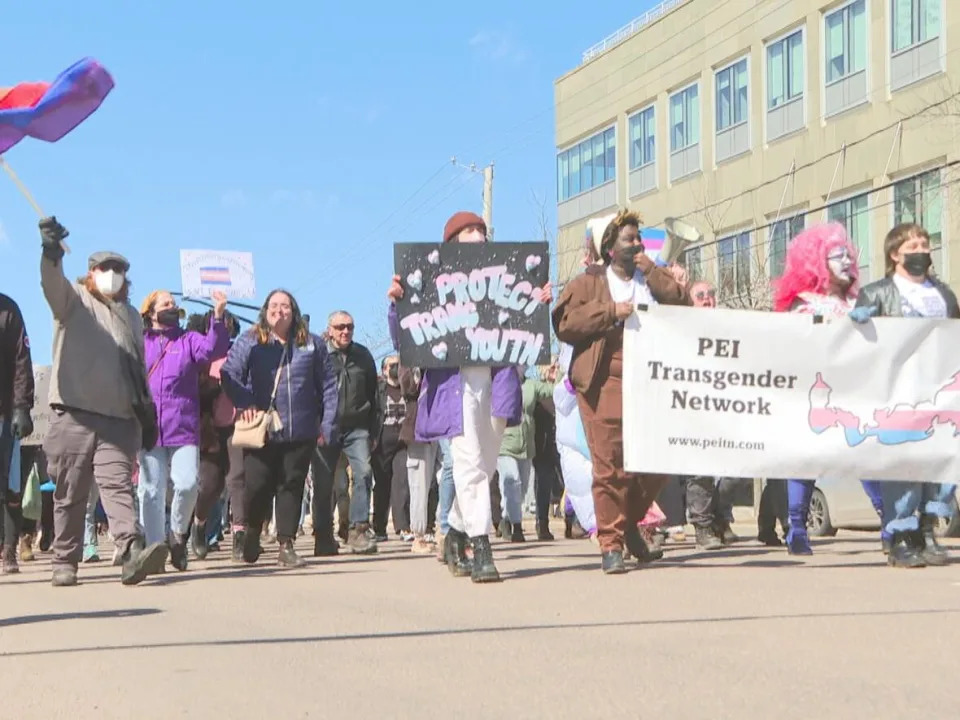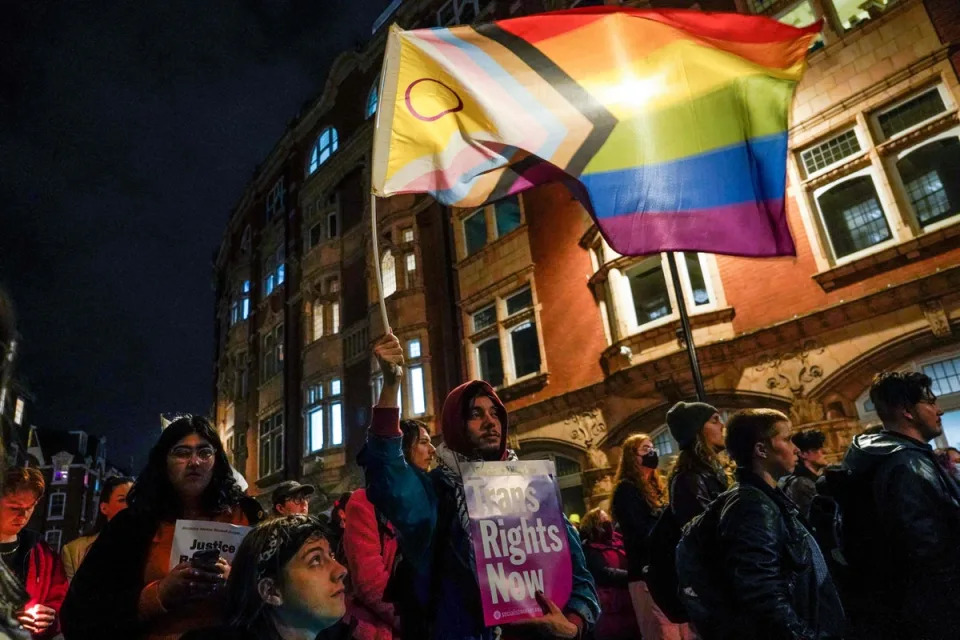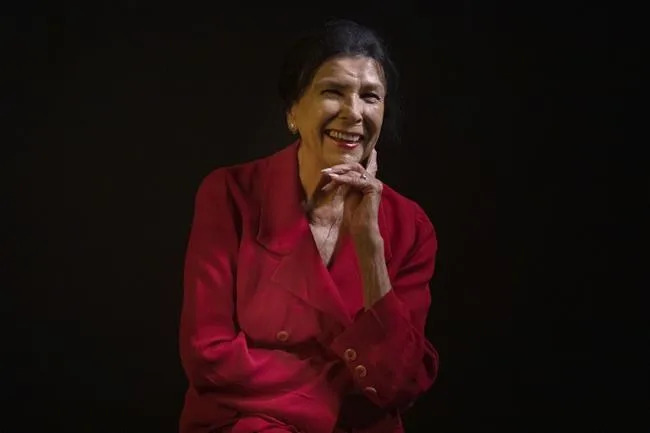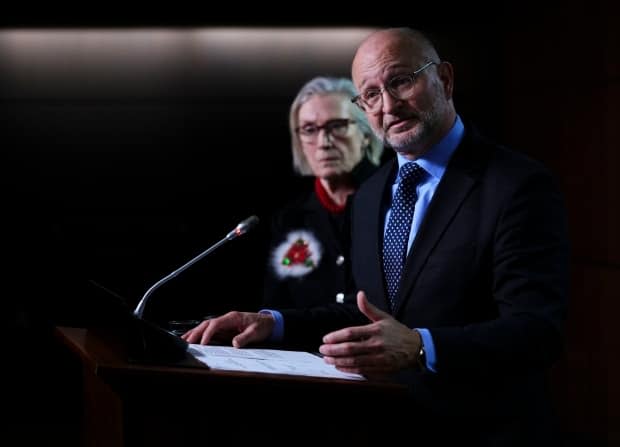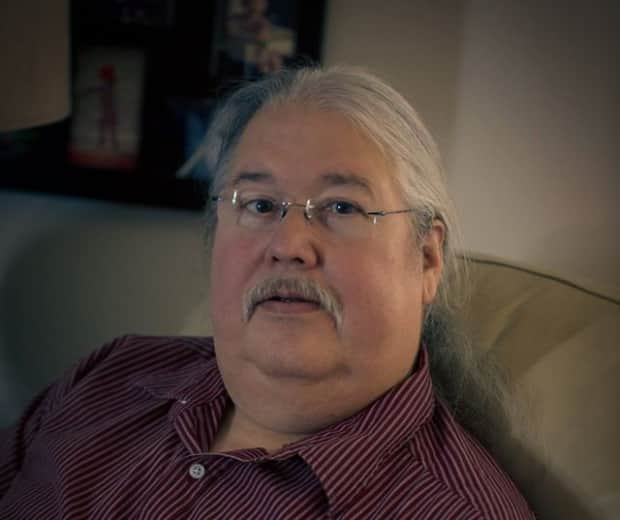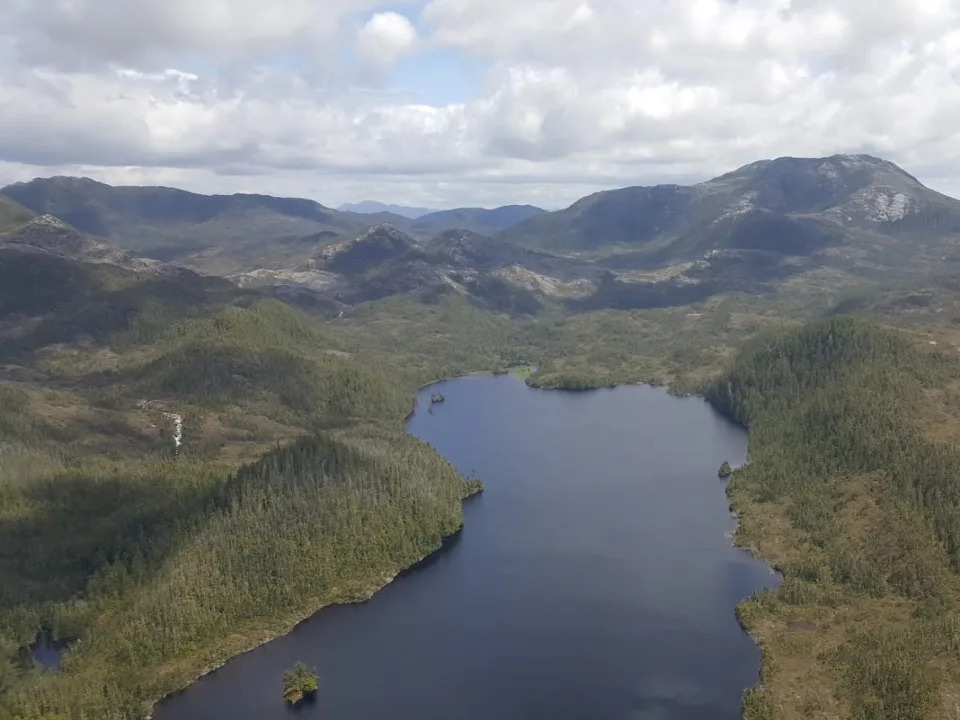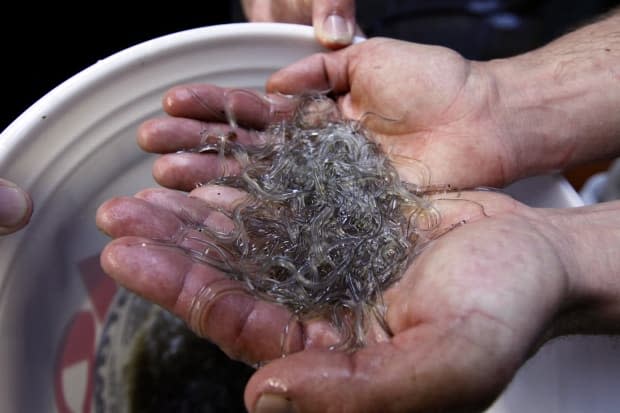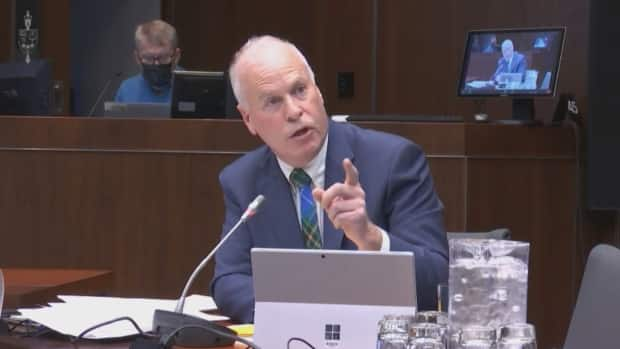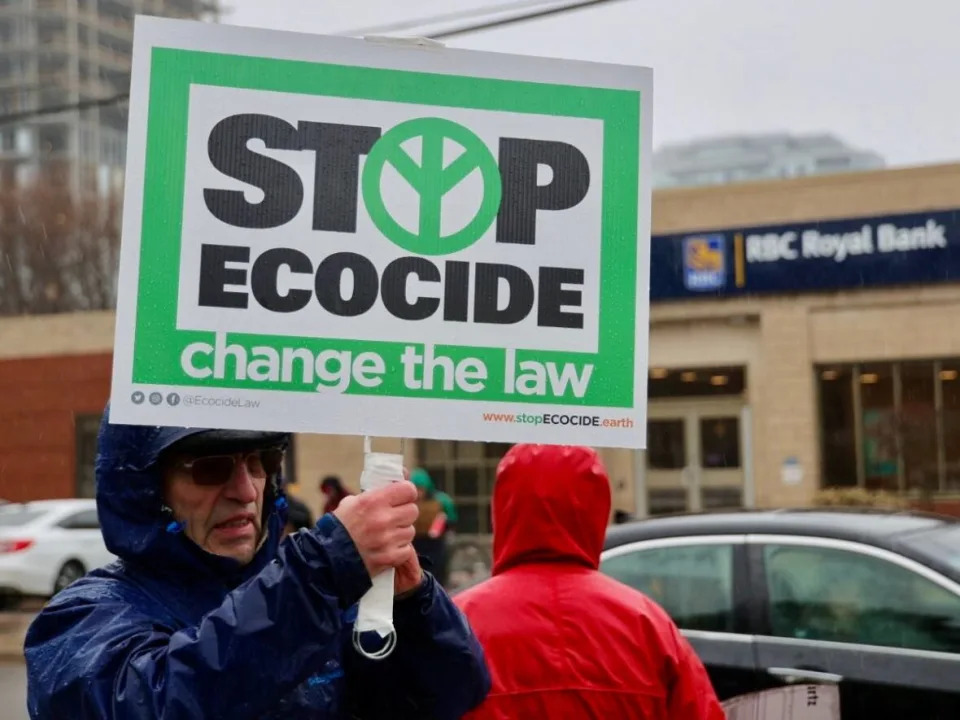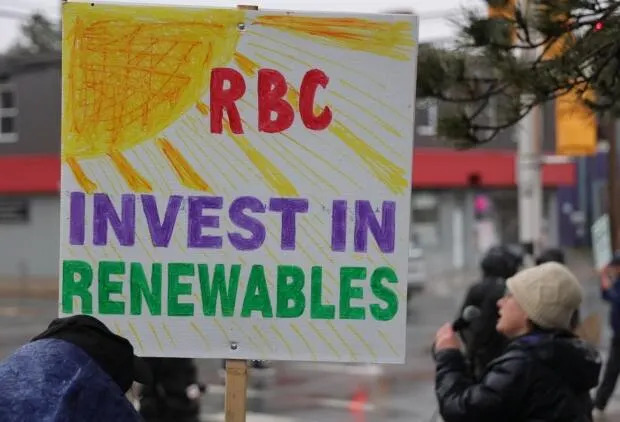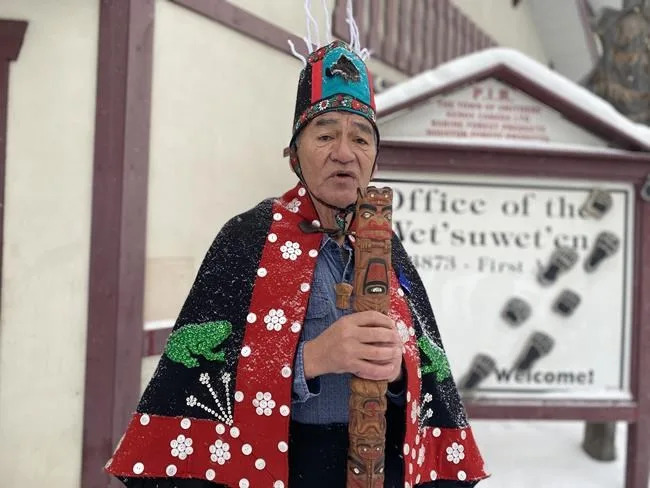Saskatchewan Budget Still
Overlooks the Poor
Sun, April 2, 2023
While there are some good things to be found in the 2023-24 Saskatchewan Provincial Budget, critics say that it does nothing for the poorest in the province. Finance Minister Donna Harpauer refuted the criticism pointing out the $26.6 million that the Ministry of Social Services will spend on programs supporting people with low incomes including families and seniors and increases to Saskatchewan Income Support and Saskatchewan Assured Income for Disability. However, the $30 a month the government committed to increasing the basic benefit, factors out to about one dollar a day for those being supported by those two programs. Neither of these programs takes into account the seniors living on a fixed income, as only in very specific circumstances do they receive support from either SIS or SAID once they attain the age of 65 years.
“Our province is the most affordable place to live in Canada for a family of four," Finance Minister Donna Harpauer said as she delivered the Budget, but that only holds true if that family of four has an annual income of $75,000.00 and owns their own home. The province is also calculated to be the second-most affordable province for single people who rent and earn at least $40,000 a year, but the 2021 census showed that the median annual income for single individuals in Saskatchewan is $42,400. Mathematically, the median is the middle value in a list ordered from smallest to largest, so this points out that half the single individuals in this province make less than $42,400, and for reference to earn that median amount, those individuals need to make $22/hour and work 40 hrs/week. With a minimum wage of $13/hr, it becomes easier to see what the critics are pointing out.
Even if a family or individual does fit the criteria that say they find Saskatchewan affordable, Joel Bruneau, head of the economics department at the University of Saskatchewan in Saskatoon said, they may have costs cutting into their household budget that the province didn't account for. Governments create pseudo-families to facilitate their calculations, and this often overlooks the reality that many face.
"If you have two small children and you're searching for daycare, that could be a struggle. If you're trying to take care of an aging parent and struggling to find long-term care, that can be a struggle," he said. "By essentially arguing that we're affordable for everybody, I think we gloss over the fact that there are a lot of people that are struggling."
Saskatchewan's finance minister, Donna Harpauer, said last Wednesday that the budget is meant to help those who really need it, but if those who really need help are saying it does nothing for them, then one must ask who Minister Harpauer defines as “those who really need it”? The working poor remain stuck at low wages, seniors continue to face challenges to remain in their own homes, and the disabled and unemployed are told that an extra dollar a day is going to make their life better.
Using data from the Government of Saskatchewan website (May 2022 scale), the basic Saskatchewan Income Support available for eligible single adults with no children, who have a low income or are unemployed and need assistance paying for their basic needs is $315 per month. This basic benefit amount is meant to pay for food, clothing, travel, and personal and household items. Additionally, a shelter benefit which is meant to pay for all shelter-related expenses including rent, mortgage payments, utilities, and taxes for singles outside of Saskatoon and Regina $540; an additional alternate heating benefit can be provided for those who reside in a residence where natural gas is not accessible and must use an alternate heat source ($130/month). That results in a total monthly support of $855/month. When was the last time you saw rent and utilities totaling $540? Arguably, there are low-income rental units in many towns across the province, but if the individual has a pet or companion animal those units are more often than not unavailable because they do not allow pets of any sort. The same is true of many designated senior rental units. This discriminatory practice continues despite the numerous studies which have concluded that companion animals have many health benefits for the infirm and the elderly.
Looking now at the Saskatchewan Assured Income for Disability program, there are three main components to the program: the Living Income component which covers basic needs such as food, shelter, and transportation. The Disability Income component pays for costs directly related to the disability, while the Exceptional Need Income component helps to cover bills like those for service animal care costs, special food items, and home care. According to the different tiers of funding which relate to where the individual lives, for a single adult in Wakaw and surrounding areas the benefits should be as follows: Living Income Benefit $931; utilities: phone $30, power $84, heating $93 and water and sewer $50. There may be other benefits available for individuals with disabilities that are outside of the SAID program, but these amounts are those that are attributable to it alone. (https://www.savvynewcanadians.com/said-payment-dates/)
Saskatchewan also offers a Seniors Income Plan which is a monthly supplement provided to seniors who have little or no income other than the federal Old Age Security pension ($687.56/month currently) and the Guaranteed Income Supplement to qualify for the senior must have an annual income less than $20,832 (a maximum monthly payment is $1026.96). For a single pensioner living at home, the maximum monthly benefit is $330 and they must have an annual taxable annual income of $4560 ($380/mon) or less, which means they can still apply if they receive CPP as long as the maximum monthly payment is $380 or less. So for seniors who rely solely on the OAS, GIS, and possibly SIP their monthly income is a mere $2044.52 which works out to less than that earned by someone working minimum wage. (https://www.saskatchewan.ca/residents/family-and-social-support/seniors-services/financial-help-for-seniors#eligibility)
If these three groups are not those in our province who need the help and support the most, then who are? The usage numbers for Food Banks around the province continue to climb as the poorest amongst us continue to struggle to make ends meet and put food on their tables. Madame Minister, $1 a day is not even a drop in the proverbial bucket.
Carol Baldwin, Local Journalism Initiative Reporter, Wakaw Recorder
